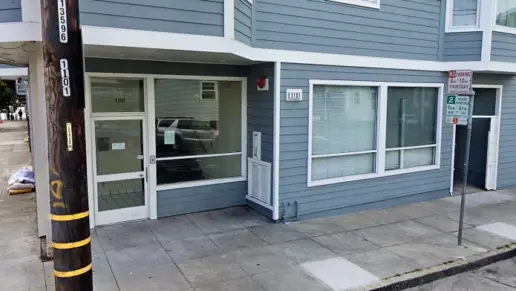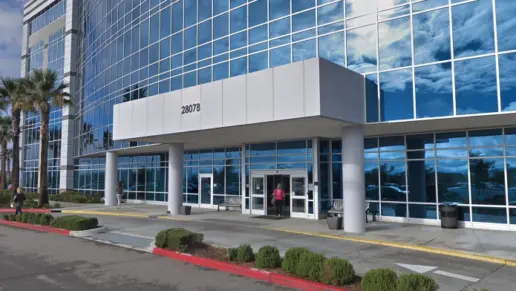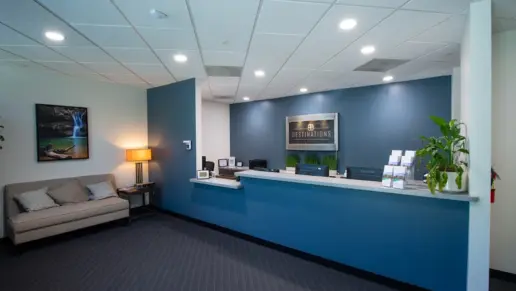My daughter was drug addicted, homeless and went to prison. Teen Challenge sent representatives to the prison and she made a decision for sobriety. She has been clean over ten years, has a college education and works with women with life controlling issues. This program gave ...
About Teen Challenge – Happy Valley Women & Children’s Center
Teen Challenge–Happy Valley Women & Children’s Center, located on 25 acres of countryside property west of I-5 in Anderson, California, serves single women and their children under 18 years of age, who have life-controlling problems, including addictions to drugs or alcohol.
Residential
The Teen Challenge–Happy Valley Women & Children’s Center houses twenty-six women and sixteen children. The facility is associated with The Teen Challenge, a non-profit organization with multiple locations in Northern California and Nevada.
Teen Challenge–Happy Valley offers support, protection, and encouragement in a safe and stable environment. Residents take part in the official Teen Challenge program that includes education, mentoring, and guidance for women and their children.
They take a holistic approach, with components of confronting the destructive thoughts, beliefs, attitudes, and behaviors that contribute to life-controlling problems, as well as biblical principles that lead to spiritual, emotional, mental, social, and economic wholeness. Chapel services, Christian growth classes, church attendance, and mentoring are also part of the program. Students participate in work programs designed to teach them positive work ethic, responsibility, and pride in effort. The mothers are assisted in finding future employment opportunities. An on-site computer learning center is available.
Facility Overview
Latest Reviews
Rehab Score
Gallery
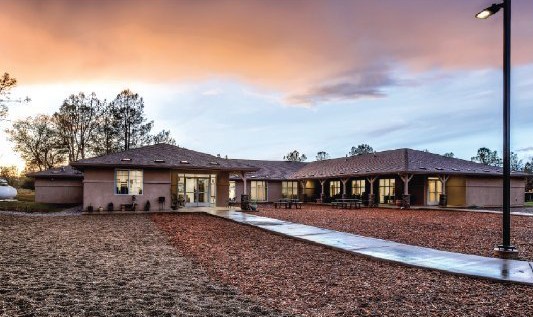
Location
Other Forms of Payment
Self-pay involves paying for treatment out of your own pocket. You can use savings or credit, get a personal loan, or receive help from family and friends to fund your treatment. If you don't have insurance or your insurance plan doesn't cover a specific program, self-pay can help ensure you still get the care you need.
Private insurance refers to any kind of healthcare coverage that isn't from the state or federal government. This includes individual and family plans offered by an employer or purchased from the Insurance Marketplace. Every plan will have different requirements and out of pocket costs so be sure to get the full details before you start treatment.
Addiction Treatments
Levels of Care
Treatments
The goal of treatment for alcoholism is abstinence. Those with poor social support, poor motivation, or psychiatric disorders tend to relapse within a few years of treatment. For these people, success is measured by longer periods of abstinence, reduced use of alcohol, better health, and improved social functioning. Recovery and Maintenance are usually based on 12 step programs and AA meetings.
Drug rehab in California teaches participants constructive ways to stay clean and sober. Treatment revolves around helping individuals stop using the substance they are addicted to and learn healthy habits to avoid relapse.
Opioid rehabs specialize in supporting those recovering from opioid addiction. They treat those suffering from addiction to illegal opioids like heroin, as well as prescription drugs like oxycodone. These centers typically combine both physical as well as mental and emotional support to help stop addiction. Physical support often includes medical detox and subsequent medical support (including medication), and mental support includes in-depth therapy to address the underlying causes of addiction.
Substance rehabs focus on helping individuals recover from substance abuse, including alcohol and drug addiction (both illegal and prescription drugs). They often include the opportunity to engage in both individual as well as group therapy.
Programs


Clinical Services
Research clearly demonstrates that recovery is far more successful and sustainable when loved ones like family members participate in rehab and substance abuse treatment. Genetic factors may be at play when it comes to drug and alcohol addiction, as well as mental health issues. Family dynamics often play a critical role in addiction triggers, and if properly educated, family members can be a strong source of support when it comes to rehabilitation.
Group therapy is any therapeutic work that happens in a group (not one-on-one). There are a number of different group therapy modalities, including support groups, experiential therapy, psycho-education, and more. Group therapy involves treatment as well as processing interaction between group members.
In individual therapy, a patient meets one-on-one with a trained psychologist or counselor. Therapy is a pivotal part of effective substance abuse treatment, as it often covers root causes of addiction, including challenges faced by the patient in their social, family, and work/school life.
Life skills trainings involve all the skills a person must have in order to function successfully in the world. These include time management, career guidance, money management, and effective communication. Truly successful addiction recovery is based on the ability to not only live substance-free, but to thrive. Life skills teaches the practical necessities of functioning in society, which sets clients up for success in life, and therefore sobriety.
Recreational therapy (aka therapeutic recreation) uses creative and fun activities to help with addiction recovery. Recreational therapists lead patients in entertaining and engaging activities like sports or games; art (drawing, painting, sculpture); drama, music, and dance; and/or community outings (field trips) to improve patients' physical, social, and emotional well-being.
Amenities
-
Residential Setting
-
Private Setting
Staff

CEO
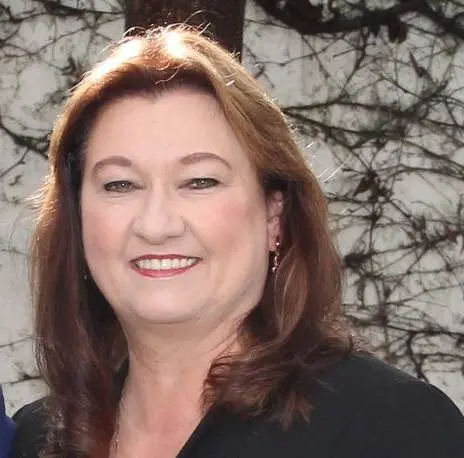
Chief Development Officer
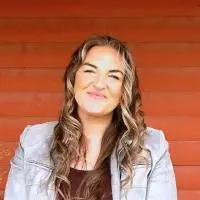
Director
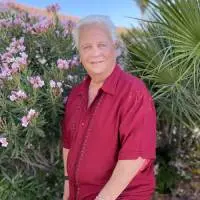
Las Vegas Director
Contact Information
5858 Happy Valley Road
Anderson, CA 96007
